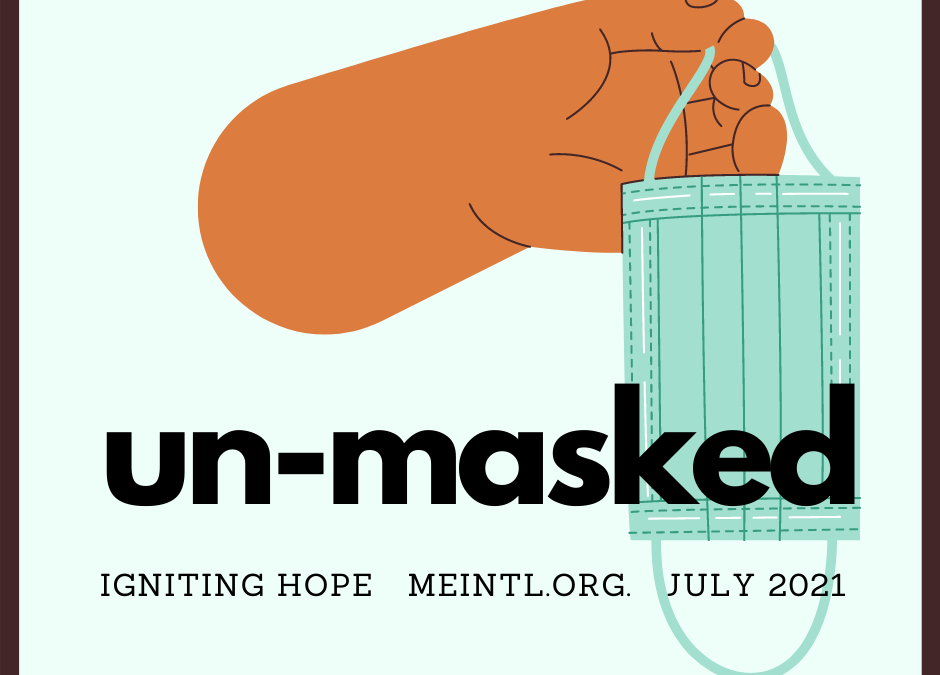Imposter. It’s what I felt like for years. Coming to the states in my teens, I was unsure of how this new life went. So I watched carefully the people around me. I picked up nuances, actions and phrases along with values, directions and beliefs. All these seemed to create a pathway by which I could fit into the world around me. However, the learning curve was so steep that I just kept mimicking until I became known as the sum of the actions and beliefs which I had put on. By the time I got to college and realized there were whole gaps in my Internal development, I was too far along to go back and do the hard work of forging my own identity. As recognition for work and character came, I remember feeling very afraid that I would be found out as something I was not. I saw myself as an imposter to myself.
This feeling of being found out is pretty common I think. Many of us come from backgrounds that were not conducive to accurate, healthy, internal development. We have areas where we don’t know what we think, don’t know what we would do, and faithfully “color inside the lines” because we don’t know how to color outside the lines. It’s difficult to be fluent with ourselves and with the world we live in. Rather than risk being seen as someone who doesn’t know or is lacking in some way, we continue to live behind a mask forged with mimicry and hardened into permanence by time.
In the story of the feeding of the 5,000, the disciples come to Jesus saying, ”The people are hungry. We don’t have enough food to feed them so maybe we should call it a day and let them go get some food. Or is there something else we should do?“ I think Jesus’ response is incredibly revealing. He looks at them and says, “You feed them.” You just want to do a double-take! What on earth does that mean? How are the disciples supposed to feed 5,000 people? If I were one of them, I think I would have felt nonplussed, exposed and like a bad joke was being played on me. “You’re asking me to show myself as something I am not. You’re putting me in a position to fail. You are not being good to me, you are making a fool out of me.” Isn’t this the way we feel when the Lord brings along some set of circumstances that rips away the mask?
We think our inadequacies are the bottom line. We think the gaps in our education, the large spaces of weaknesses along with all the things we can’t do are the measure of our essence and our identity. But that couldn’t be further than the truth.
Jesus was not being cruel to the disciples. He was inviting them into a different way of seeing what is possible. He was showing them that there was more to their being than they realized. He was offering them a way to exercise a whole different kind of strength right in the middle of their weakness. And this is what he does with us as well.
Wouldn’t it be something to exchange the word “imposter,” which is built on the idea that we are something we‘re not, for the word “genuine”? “Genuine” carries the idea of being real. It may not be in great shape, but it’s real… Nothing fake, nothing put on, just the real deal–valued, depended on, and wanted for what it is rather than what it’s not. This kind of normal is really only possible when we are with Jesus who takes what is real and turns it into more… like lunch for one that feeds a crowd.
Seems like it might just be worth taking off a mask for that.
ACTION: In what areas do you find yourself mimicking others rather than doing the hard work of cultivating your center? When faced with another’s impression of you, do you feel exposed or known? What are some weak places you tend to hide that Jesus might want to turn into something more?



0 Comments